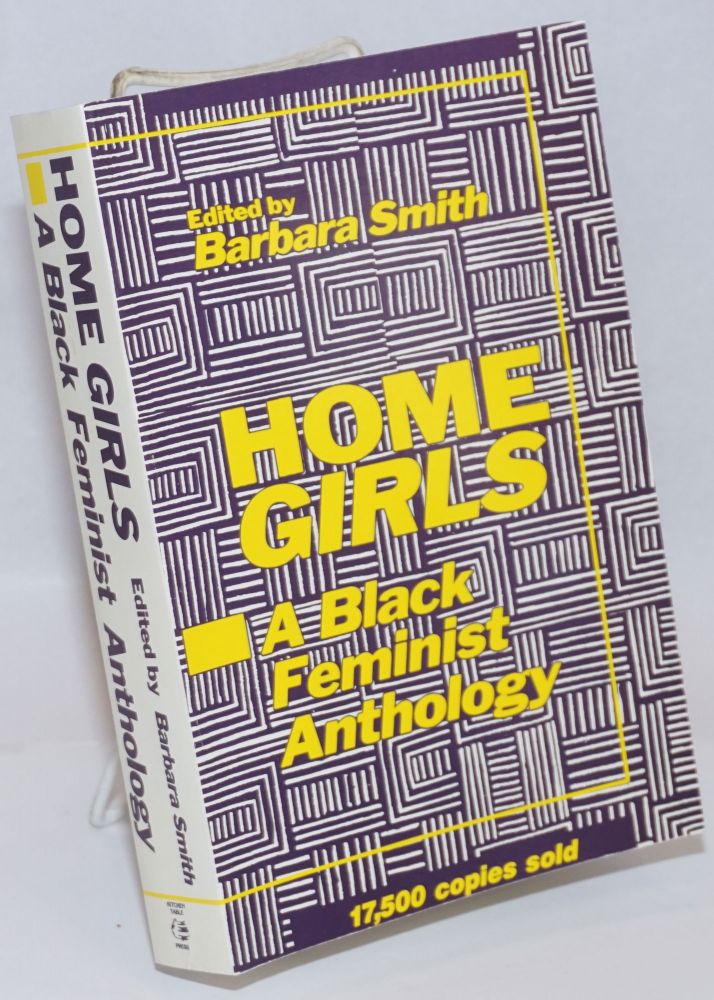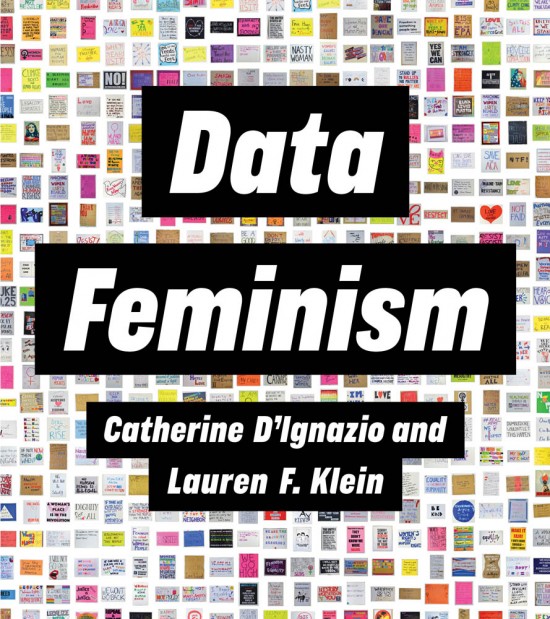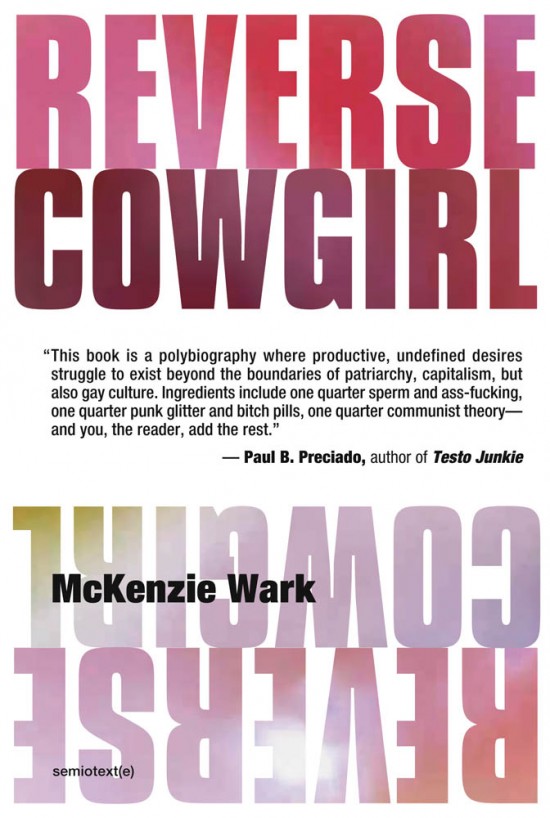Barbara Smith (ed.): Home Girls: A Black Feminist Anthology (1983)
Filed under book | Tags: · black people, feminism, gender, intersectionality, race, sexuality, women

“The pioneering anthology Home Girls features writings by Black feminist and lesbian activists. Since its initial publication in 1983, it has become an essential text on Black women’s lives and writings.”
The book grew out of Conditions magazine’s November 1979 issue, edited by Barbara Smith and Lorraine Bethel. Conditions 5 was “the first widely distributed collection of Black feminist writing in the U.S.”
Contributors: Tania Abdulahad, Donna Allegra, Barbara A. Banks, Becky Birtha, Julie Carter, Cenen, Cheryl Clarke, Michelle Cliff, Michelle T. Clinton, Willie M. Coleman, Toi Derricotte, Alexis De Veaux, Jewelle L. Gomez, Akasha (Gloria) Hull, Patricia Jones, June Jordan, Audre Lorde, Raymina Y. Mays, Deidre McCalla, Chirlane McCray, Pat Parker, Linda C. Powell, Bernice Johnson Reagon, Spring Redd, Gwendolyn Rogers, Kate Rushin, Ann Allen Shockley, Barbara Smith, Beverly Smith, Shirley O. Steele, Luisah Teish, Jameelah Waheed, Alice Walker, and Renita Weems.
Publisher Kitchen Table: Women of Color Press, New York, 1983
Reprint Rutgers University Press, New Brunswick, NJ, 2000
ISBN 0913175021, 9780913175026
lviii+376 pages
Reviews: Melba Wilson (Feminist Review, 1984), Gabrielle Daniels (Women’s Review of Books, 1984), C. Lynn Munro (Black American Literature Forum, 1984), Linda Pannill (Callaloo, 1984), Caroline A. Streeter (Off Our Back, 1984), Hortense Spillers (Tulsa Studies in Women’s Literature, 1984).
PDF (7 MB)
See also This Bridge Called My Back: Writings by Radical Women of Color (1981) and Words of Fire: An Anthology of African-American Feminist Thought (1995).
Comment (0)Catherine D’Ignazio, Lauren F. Klein: Data Feminism (2020)
Filed under book | Tags: · big data, data, data visualisation, emotion, feminism, gender, identity, labour, racism, research, science, statistics

“Today, data science is a form of power. It has been used to expose injustice, improve health outcomes, and topple governments. But it has also been used to discriminate, police, and surveil. This potential for good, on the one hand, and harm, on the other, makes it essential to ask: Data science by whom? Data science for whom? Data science with whose interests in mind? The narratives around big data and data science are overwhelmingly white, male, and techno-heroic. In Data Feminism, Catherine D’Ignazio and Lauren Klein present a new way of thinking about data science and data ethics—one that is informed by intersectional feminist thought.
Illustrating data feminism in action, D’Ignazio and Klein show how challenges to the male/female binary can help challenge other hierarchical (and empirically wrong) classification systems. They explain how, for example, an understanding of emotion can expand our ideas about effective data visualization, and how the concept of invisible labor can expose the significant human efforts required by our automated systems. And they show why the data never, ever “speak for themselves.”
Data Feminism offers strategies for data scientists seeking to learn how feminism can help them work toward justice, and for feminists who want to focus their efforts on the growing field of data science. But Data Feminism is about much more than gender. It is about power, about who has it and who doesn’t, and about how those differentials of power can be challenged and changed.”
Publisher MIT Press, 2020
strong Ideas series
Creative Commons CC BY-NC-ND license
ISBN 9780262044004, 0262044005
xii+314 pages
Interviews with authors: Jason Forrest (Nightingale, 2019), Zoë Corbyn (The Guardian, 2020).
Book website
Author
Publisher
WorldCat
HTML (updated on 2021-10-18)
PDF (39 MB)
McKenzie Wark: Reverse Cowgirl (2020)
Filed under book, fiction | Tags: · auto-ethnography, criticism, gender, self, transgender

“Another genre for another gender.
What if you were trans and didn’t know it? What if there were some hole in your life and you didn’t even know it was there? What if you went through life not knowing why you only felt at home in your body at peak moments of drugs and sex? What if you expended your days avoiding an absence, a hole in being? Reverse Cowgirl is not exactly a memoir. The author doesn’t, in the end, have any answers as to who she really is or was, although maybe she figures out what she could become.
Traveling from Sydney in the 1980s to New York today, Reverse Cowgirl is a comedy of errors, chronicling the author’s failed attempts at being gay and at being straight across the shifting political and media landscapes of the late twentieth century. Finding that the established narratives of being transgender don’t seem to apply to her, Wark borrows from the genres of autofiction, fictocriticism, and new narrative to create a writing practice that can discover the form of a life outside existing accounts of trans experience: an auto-ethnography of the opacity of the self.”
Publisher Semiotext(e), South Pasadena, CA, 2020
Native Agents series
ISBN 9781635901184, 1635901189
199 pages
Reviews: J Inscoe (Rhizomes, 2020), Ondřej Trhoň (Revue Prostor, 2020, CZ).
Interviews with author: Mattilda Bernstein Sycamore (BOMB, 2020), Juliet Jacques (Frieze, 2020), Esmé Hogeveen (Hazlitt, 2020).
Comment (0)
